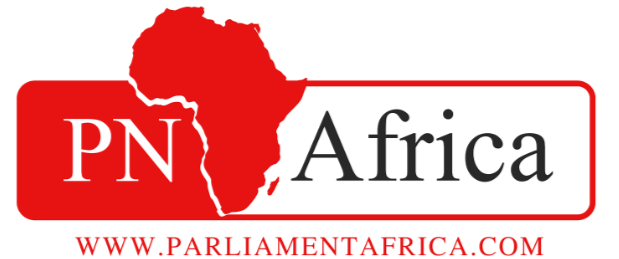Civil Society Organizations (CSOs) in Ghana on Wednesday, April 17, participated in a one-day consultative workshop on the Draft Open Parliament Action Plan organized by Parliamentary Network Africa (PNAfrica) in collaboration with the Parliament of Ghana. The workshop, held in Accra and funded by the National Endowment for Democracy (NED), aimed to foster active participation and collaboration among stakeholders to ensure a robust and inclusive Open Parliament.
Mr. Ebenezer Ahumah Djietror, the Deputy Clerk of Parliament, underscored the importance of leveraging the Open Government Partnership (OGP) framework to drive positive change and empower citizens in Ghana. He emphasized Parliament’s pivotal role in advancing transparency, fighting corruption, and enhancing citizen inclusivity. Mr. Djietror highlighted the OGP as a global initiative aimed at promoting transparency, fighting corruption, enhancing citizen inclusivity, and fostering technological innovation.
“We must work tirelessly to uphold the principles of democracy and the rule of law, ensuring that our legislative decisions reflect the sentiments and aspirations of the Ghanaian people,” Djietror affirmed.
Again, the Deputy Clerk noted that the commitment to democracy cannot end within the walls of Parliament whether it is judicial jurisprudence or principles and provisions of the law, it should reflect the sentiments of Ghanaians.
“We must strive to ensure that every aspect of our legal and judicial system is transparent, accountable, and responsive to the needs of our citizens.” He reiterated.
In his remarks, Dr. Jude Mutah, Programs Officer at NED, emphasized the significance of Open Parliament in advancing democracy, noting that it embodies transparency, accountability, and citizen participation. He reaffirmed NED’s commitment to ensuring that the tenets of democracy are fully maximized to benefit the people of Ghana.
“As agents of change and champions of democracy, we must remain vigilant in our efforts to hold our leaders accountable and safeguard the democratic gains we have achieved. We must continue to advocate for open and transparent governance structures, robust legal frameworks that protect fundamental rights and freedoms, and mechanisms that ensure the meaningful participation of all citizens in the decision-making process.” He further advised.
Mr. Benjamin Opoku Aryeh, Senior Programs Officer at PNAfrica, took participants through Ghana’s OGP journey, highlighting significant milestones and achievements. He mentioned Ghana’s plans to develop its fifth National Action Plan (NAP-5) to build on progress and drive meaningful change in governance.
“As we look towards the future, Ghana is poised to embark on developing its fifth National Action Plan (NAP-5). This process involves extensive consultation with stakeholders from government, civil society, academia, and the private sector to identify priority areas and commitments to be advanced in the next phase of our journey within the OGP.
“Key steps in this process include the preparation of a self-assessment report on the implementation of NAP-4, a review of priority issues through political economy analysis, multi-stakeholder consultations, and bilateral meetings with lead implementing ministries and agencies.” Aryeh briefed.
The Senior Research Officer and Head of the Citizen’s Bureau in Parliament Mr. Prosper Hoetu took participants through the Parliamentary Engagement in OGP and Parliament’s commitments in NAP 5.
The Parliament of Ghana has actively participated in the Open Government Partnership (OGP) process at the global and national levels and has made commitments in the 4th National OGP Action Plan, to adopt an Open Parliament Action Plan and establish an OGP Caucus in Parliament. Which is to establish an oversight mechanism in Parliament to ensure achievement of the National OGP commitments, access to information on Parliament’s work in an easily accessible, user-friendly, and timely manner, and finally Increase engagement between Parliament and citizens.
The workshop also featured group discussions on Parliamentary Transparency, Accountability, IT and Innovation, and Civic Engagement. Participants provided valuable observations and suggestions for the Draft Open Parliament Action Plan, which will be incorporated into the final draft before validation and implementation.
The workshop demonstrated a collective commitment to advancing the principles of open government and strengthening democratic governance in Ghana. It highlighted the importance of collaboration between Parliament, CSOs, and other stakeholders in ensuring a transparent, accountable, and inclusive governance process.
By Florence Gbolu




